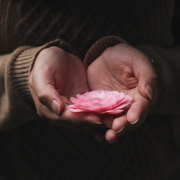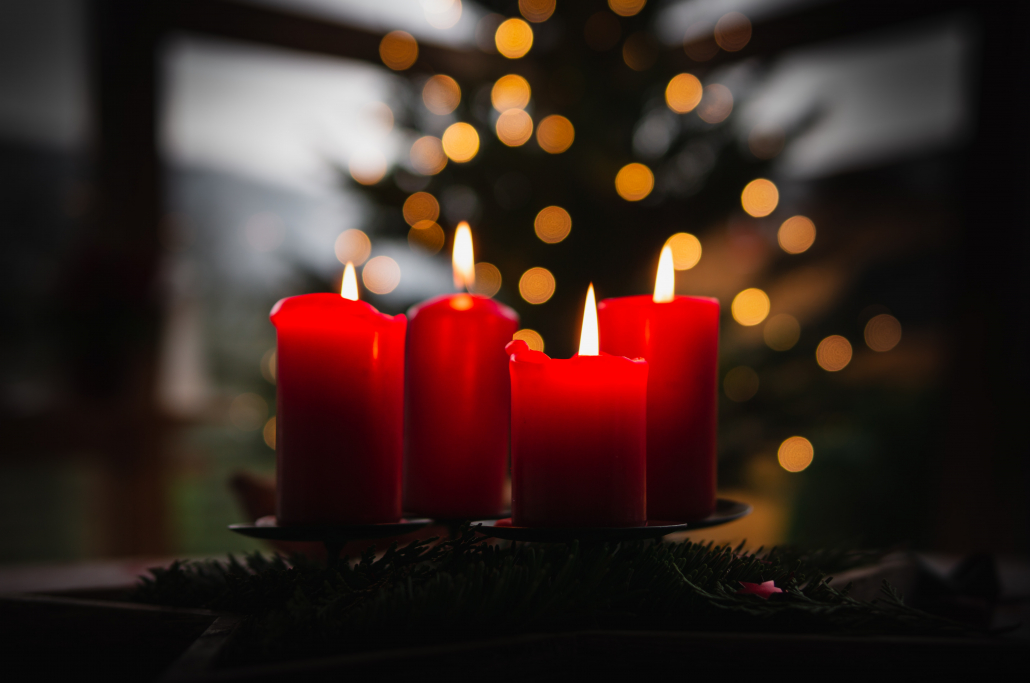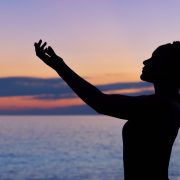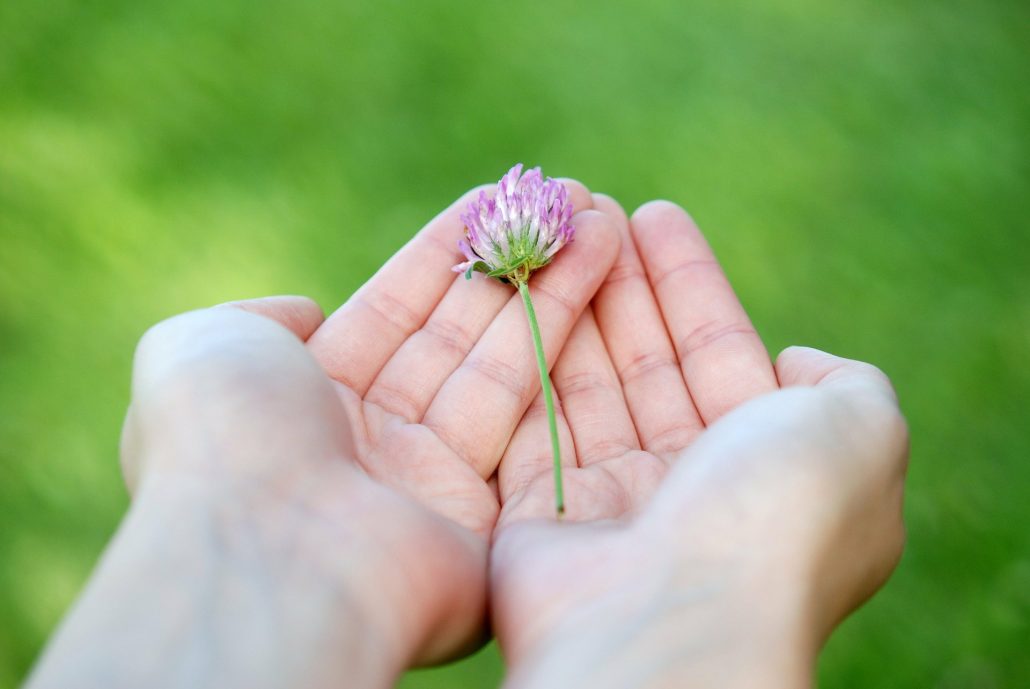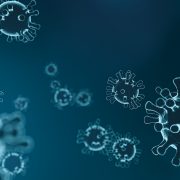Wishing you a truly Happy New Year.
Wishing you a truly Happy New Year.
These words may sound a bit trite as the new year dawns and we repetitively greet those we meet in a similar way. But my wish for you all is to have a truly happy New Year ahead.
The past two years have been really difficult and have brought up huge fears and much uncertainty. We have had to reassess the way we live and adjust to unfamiliarity and constant stress. Even though life remains unclear, it is important to give closure to the year that has passed and start the new year afresh.
One way of doing this is to acknowledge what has been and then give thanks for all the positive things that have happened over the past twelve months. Even though there have been difficult times for me, with closing the clinic, loss of income, cancelling holidays and coping with the everyday stress of lockdown, I too, found lots to be grateful for.
At first glance, I decided it was a pretty horrible year, but when I looked back at my photos and memories of what had been, I found so many occasions to celebrate and give thanks for. You can do the same. It could be birthdays, chats with friends – even over Zoom, walks in nature or time with family. Giving thanks for the good times helps to bring closure for the year and provides an opportunity to enter the new year with hope and optimism.
A New Year brings with it new dreams and plans for the months ahead. It gives us an opportunity to reassess what we want to bring into our lives and what we want to leave behind. It also brings us hope. Hope for an end to the pandemic, hope for great health, hope for holidays that actually take place and hope for the things we want to create in our lives.
What do you no longer want to do this year? Do you want to leave a job you no longer love? Do you want to end a relationship or friendship that brings you distress and unhappiness? Do you want to let go of playing small, being perfect, trying to please everyone? The New Year is a perfect time.
What do you want to bring in to your life this year? Do you want to spend more time in nature and do more walking? Do you want to learn a language or start a new craft? Do you want to commence a new career or finally do something that you have always wanted to do? Do you want to have stronger boundaries around your time and availability? Do you want to have a healthier lifestyle? A New Year is the perfect opportunity.
Many people do vision boards, pasting pictures or photos on a board, of what they want to do over the next twelve months. I have done this myself, on many occasions and it has always been rewarding. I put together a collage of images from the internet, of holidays, food, experiences that I want to bring into my life, and then print it off. I stick it on some cardboard and put it up on my fridge, where I can see it everyday.
This works to remind me of my dreams and plans and if I get sidetracked as I inevitably do, this grounds me and brings me back into creativity. I also choose a word to embody what I would like to do or be in the new year. This year I have found it hard to do and have felt conflicted. How can I choose a word when so much is uncertain? I decided that as my mind is always wandering into the future and what might happen, I need to focus on the present instead and on what I can do and achieve now. So my word is to be Present.
You might like to try it too. You may have other ways of planning for the coming months or you may prefer not to plan and just wing it. Neither way is right or wrong, so long as you continue to have dreams and act on them. Having dreams is the first step but unless you take action, they remain dreams only.
Book dates in your diary to start the ball rolling. Book in that reflexology treatment you have been promising yourself. Sign up for that art or language course. Buy yourself some paints and pencils and start drawing and creating. The world awaits you and your unique gifts and talents. A New Year is your time to shine!
When so much is out of our control, focus not on what you can’t do but on how you react to change. As the quote says, “Sometimes in the waves of change, we find our true direction.”
Wishing you a truly happy New Year. May it be a really magical one for you.
Warmest wishes,
Judy xxx
References: Photo by on Ester Marie Doysabas on Unsplash. Quote – author unknown.
Disclaimer: Please note that all information in this article is the opinion of the author and obtained through her research and knowledge and the above references. It is not meant to replace medical advice and a medical opinion should always be obtained.

